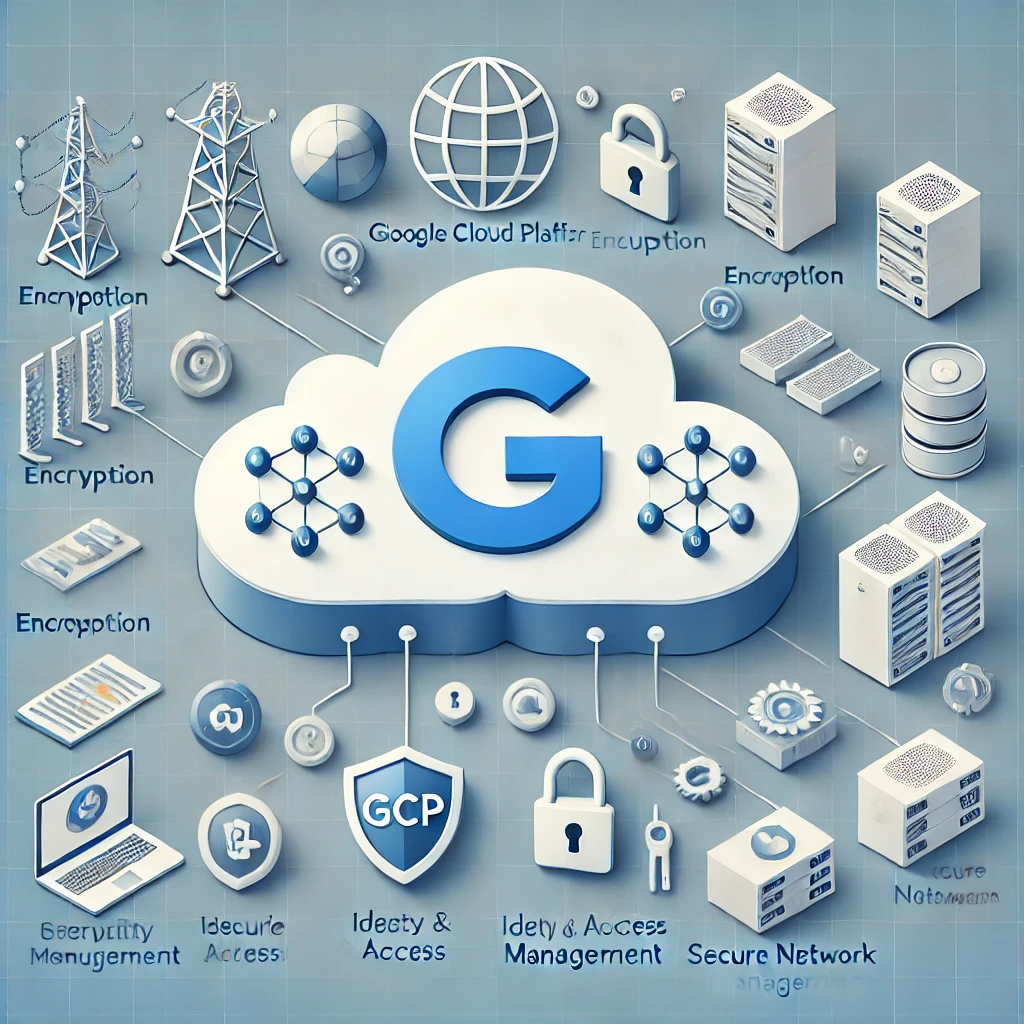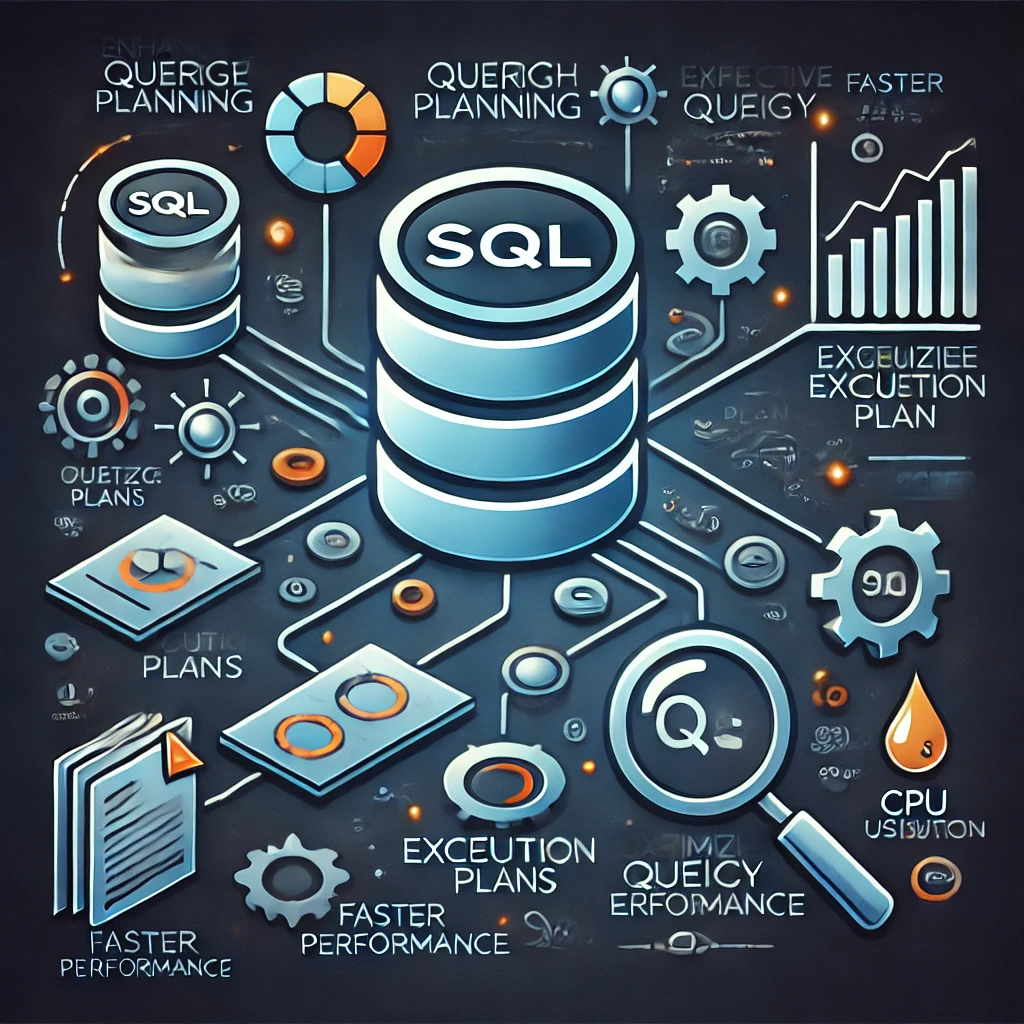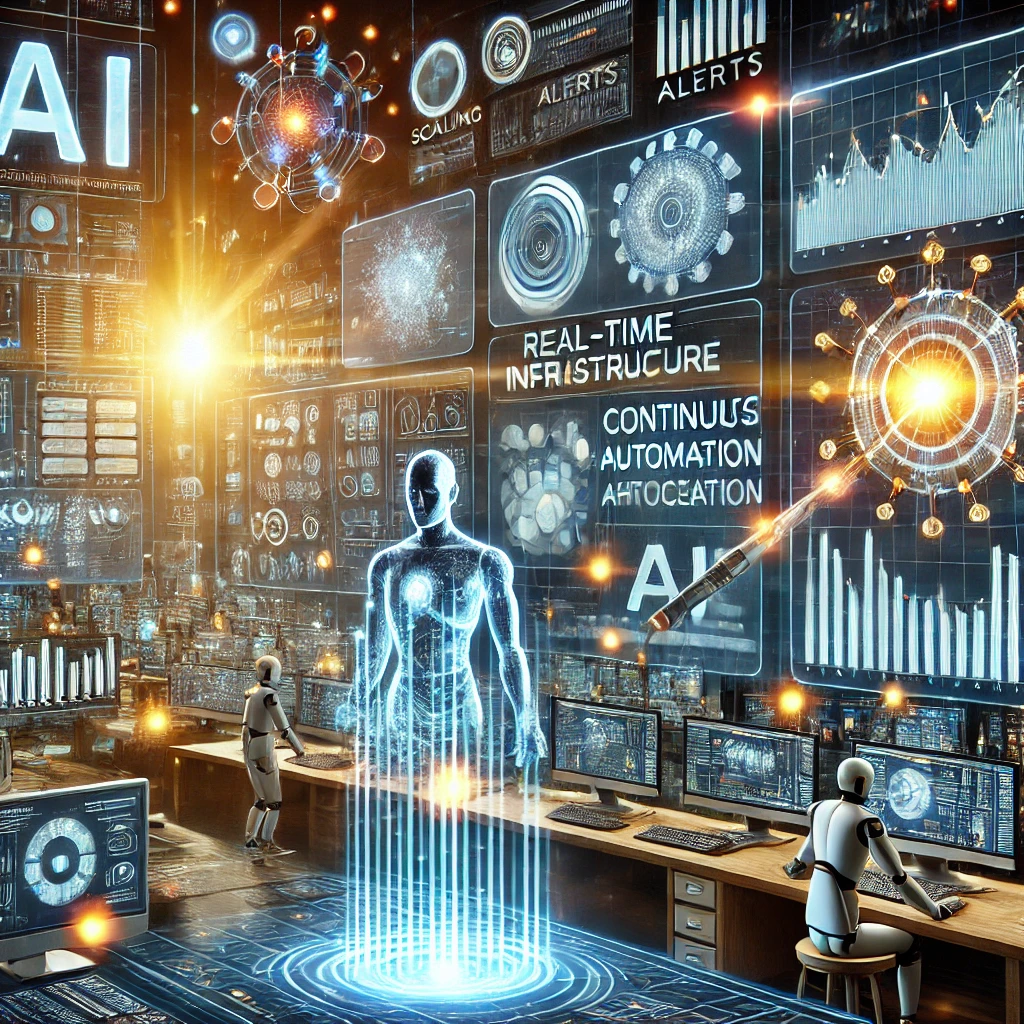The Role of Artificial Intelligence in Revolutionizing DevOps
 Benjamin Foster in artificial-intelligence118 days ago
Benjamin Foster in artificial-intelligence118 days ago
Artificial intelligence (AI) is rapidly transforming the technology landscape, and DevOps is no exception. AI's ability to automate tasks, analyze data, and make intelligent decisions is revolutionizing how organizations approach software development and deployment. This guide will explore the key ways AI is impacting DevOps and shaping the future of software engineering.
1. Automating Repetitive Tasks:
AI-powered tools can automate tedious and time-consuming tasks, freeing up DevOps engineers to focus on more strategic initiatives. This includes:
- Infrastructure provisioning: AI can automatically provision and configure infrastructure resources based on predefined parameters and real-time demand.
- Code testing and deployment: AI-driven testing frameworks can execute automated tests, identify potential bugs, and accelerate deployment pipelines.
- Log analysis and incident detection: AI algorithms can analyze vast amounts of log data to identify patterns, predict failures, and proactively resolve issues.
2. Enhancing Code Quality and Security:
AI can analyze code and identify potential vulnerabilities, bugs, and code smells, improving code quality and security.
- Static code analysis: AI-powered tools can analyze code for security vulnerabilities, coding standards violations, and potential performance issues.
- Dynamic code analysis: AI can monitor running applications to detect runtime errors, memory leaks, and other performance bottlenecks.
- Security vulnerability assessment: AI algorithms can identify and prioritize security risks, helping developers focus on the most critical vulnerabilities.
3. Optimizing Continuous Integration and Delivery:
AI can optimize the entire CI/CD process by automating workflows, predicting bottlenecks, and improving the overall efficiency of software development.
- Automated pipeline optimization: AI can analyze CI/CD pipelines, identify inefficiencies, and recommend adjustments for faster delivery.
- Predictive analytics for deployment success: AI can analyze historical data to predict potential deployment issues and proactively address them.
- Self-healing infrastructure: AI-powered systems can automatically identify and resolve infrastructure problems, minimizing downtime and improving system resilience.
4. Improving Collaboration and Communication:
AI can facilitate communication and collaboration between different teams involved in the DevOps process.
- Chatbots for support and documentation: AI chatbots can provide instant support, answer questions, and access relevant documentation for developers.
- Automated reporting and dashboards: AI can generate comprehensive reports and dashboards, providing real-time insights into the performance of the DevOps process.
The Future of AI in DevOps:
As AI technology continues to evolve, its role in DevOps will become even more significant. We can expect to see:
- Advanced predictive modeling for improved decision-making.
- More sophisticated automation for streamlined workflows.
- Enhanced security and compliance through intelligent threat detection.
- Increased adoption of AI-powered tools and platforms.
In conclusion, AI is playing a transformative role in DevOps by automating tasks, improving code quality, optimizing processes, and facilitating collaboration. As AI technology matures, its impact on software development will only continue to grow, driving innovation and efficiency in the years to come.



